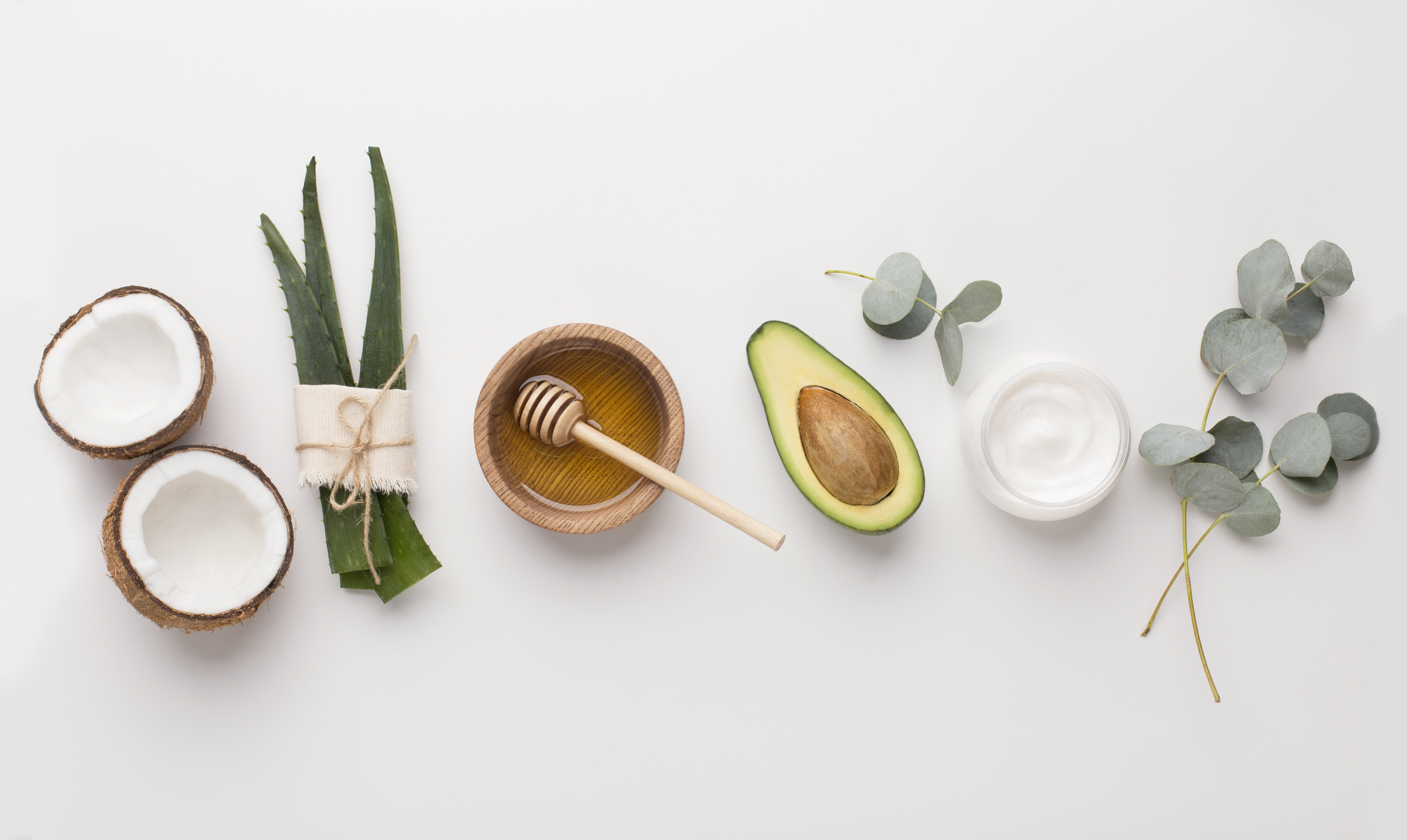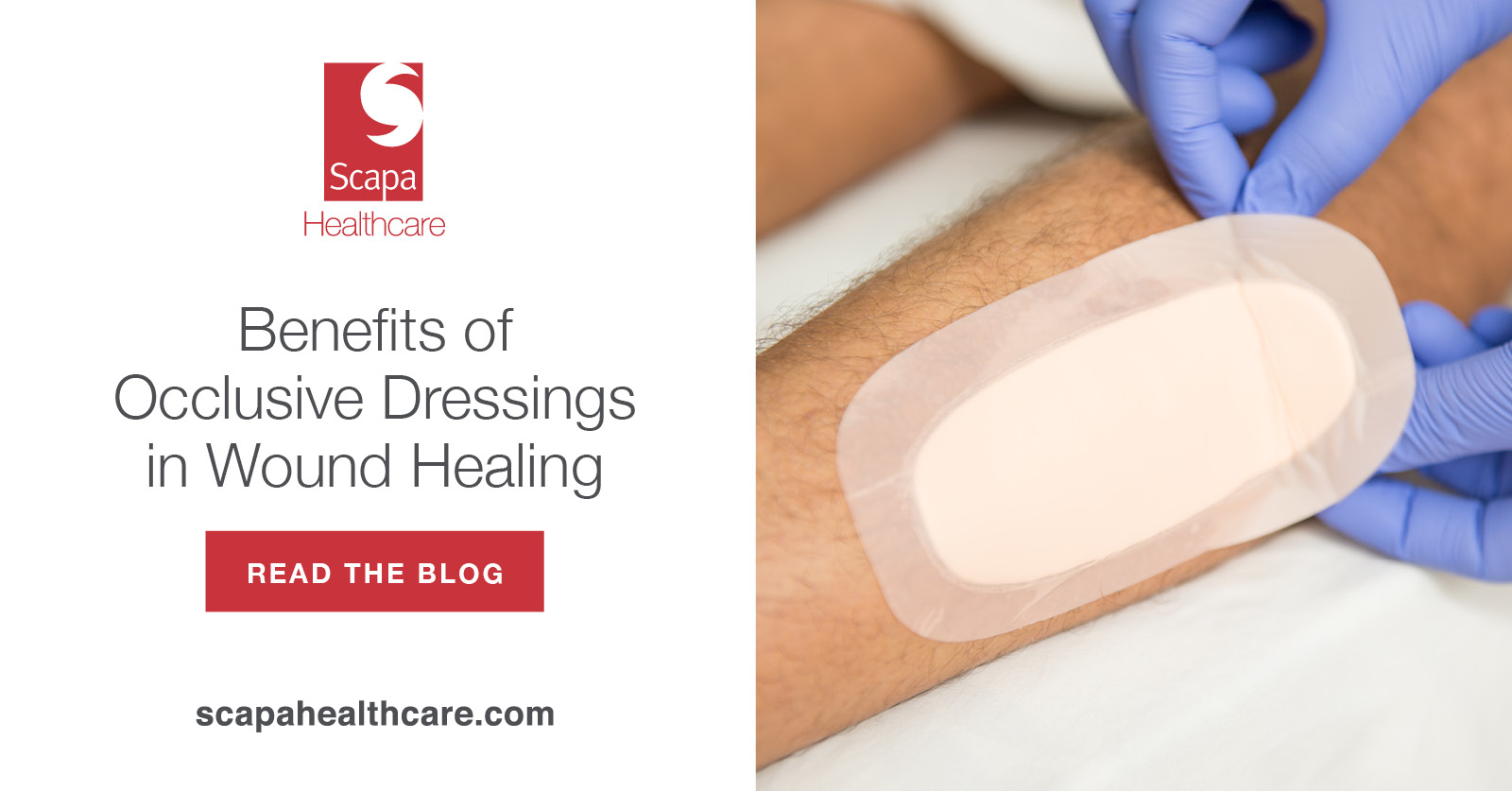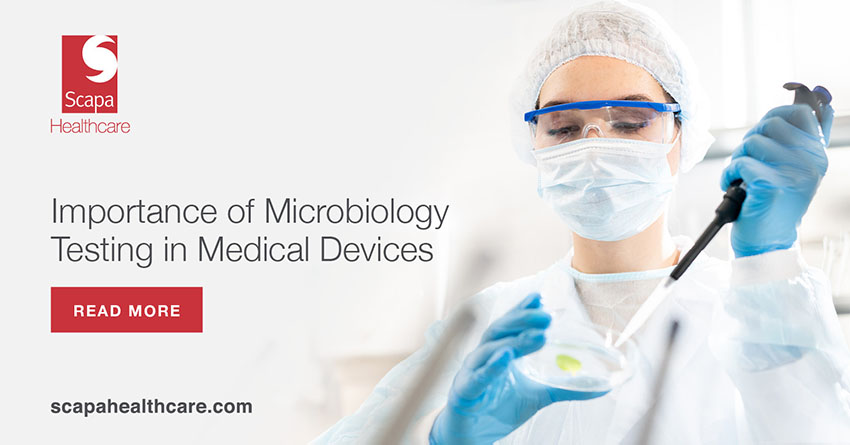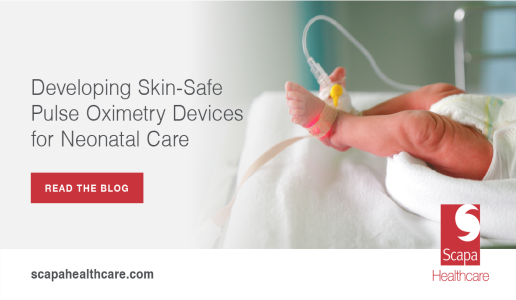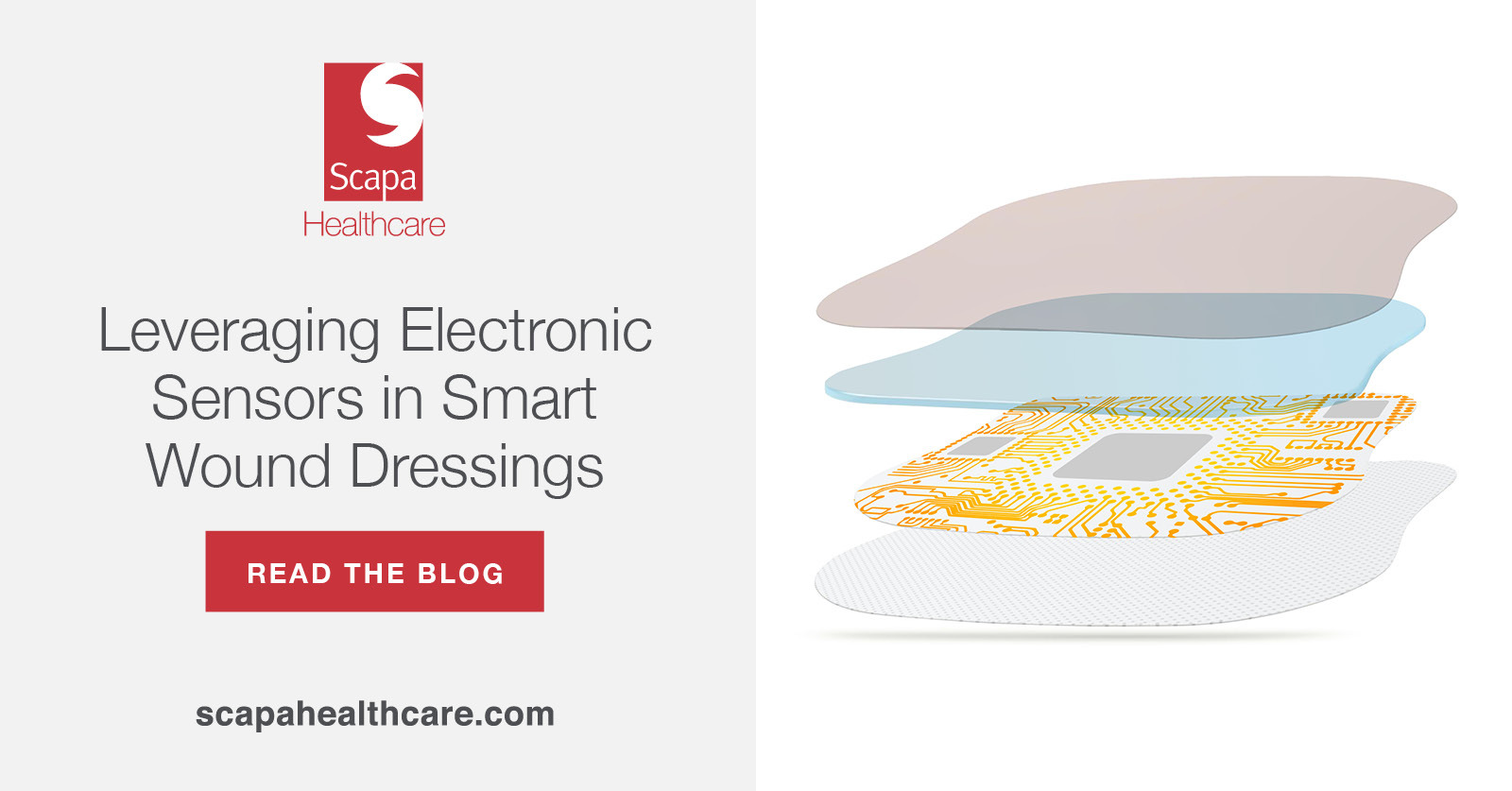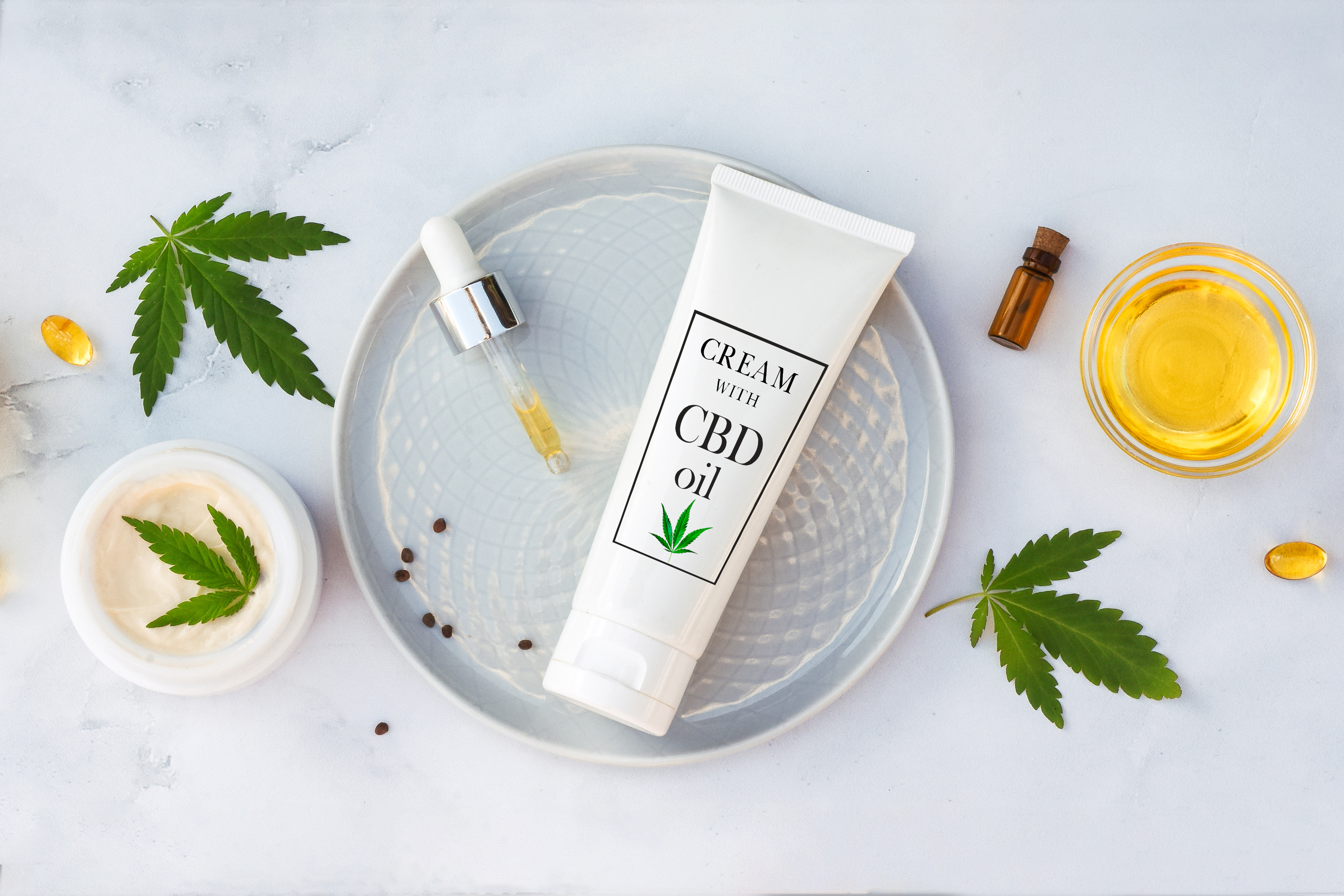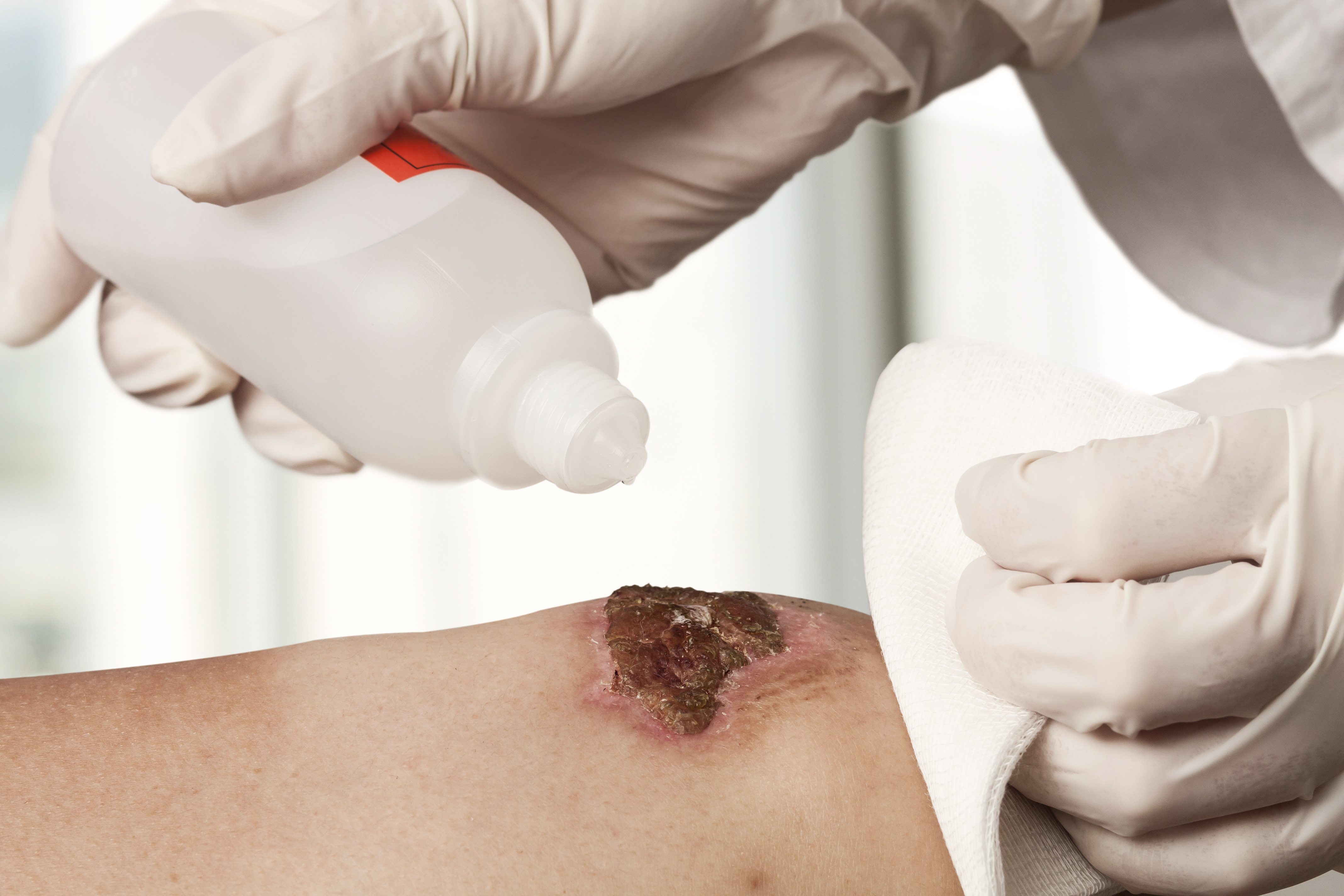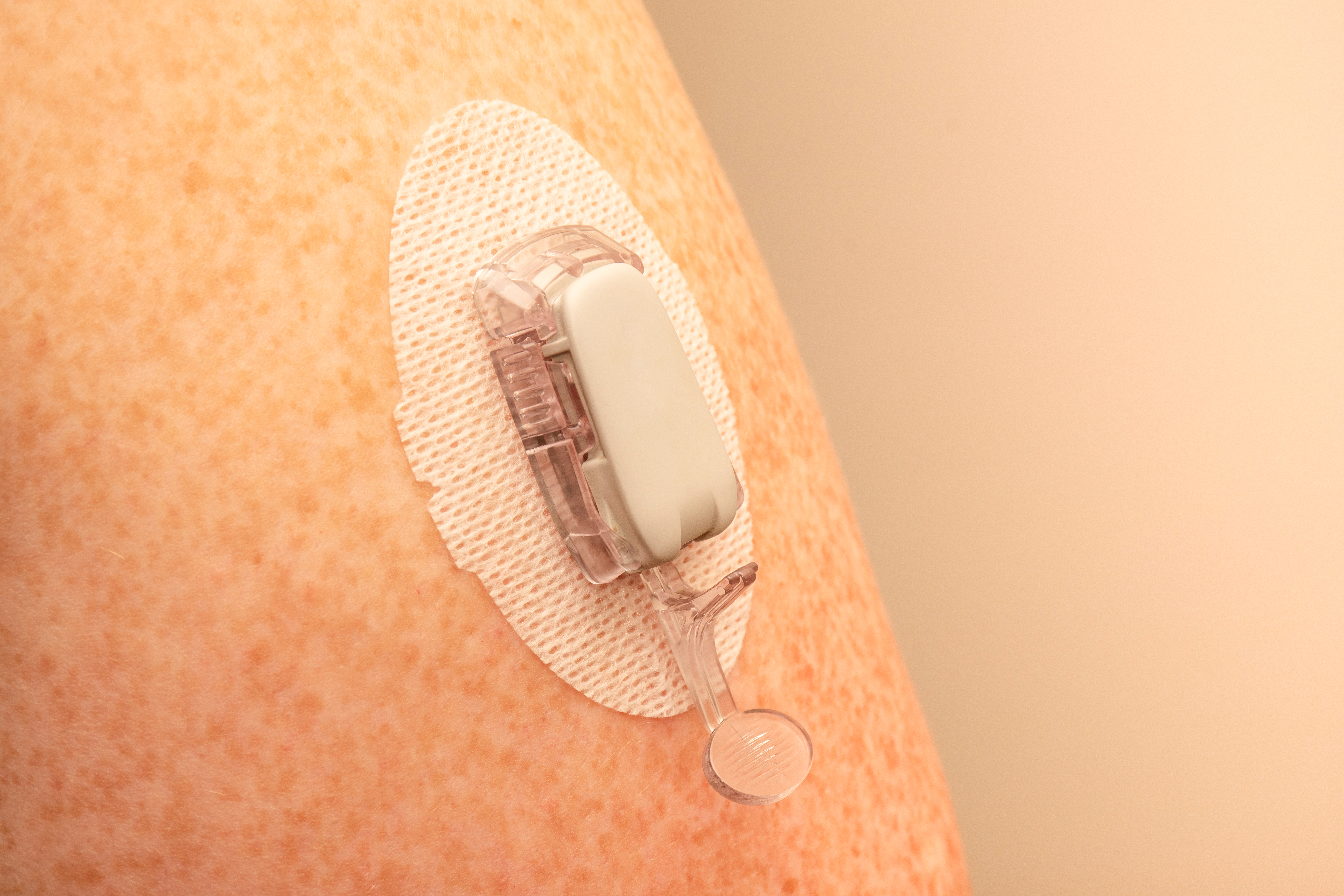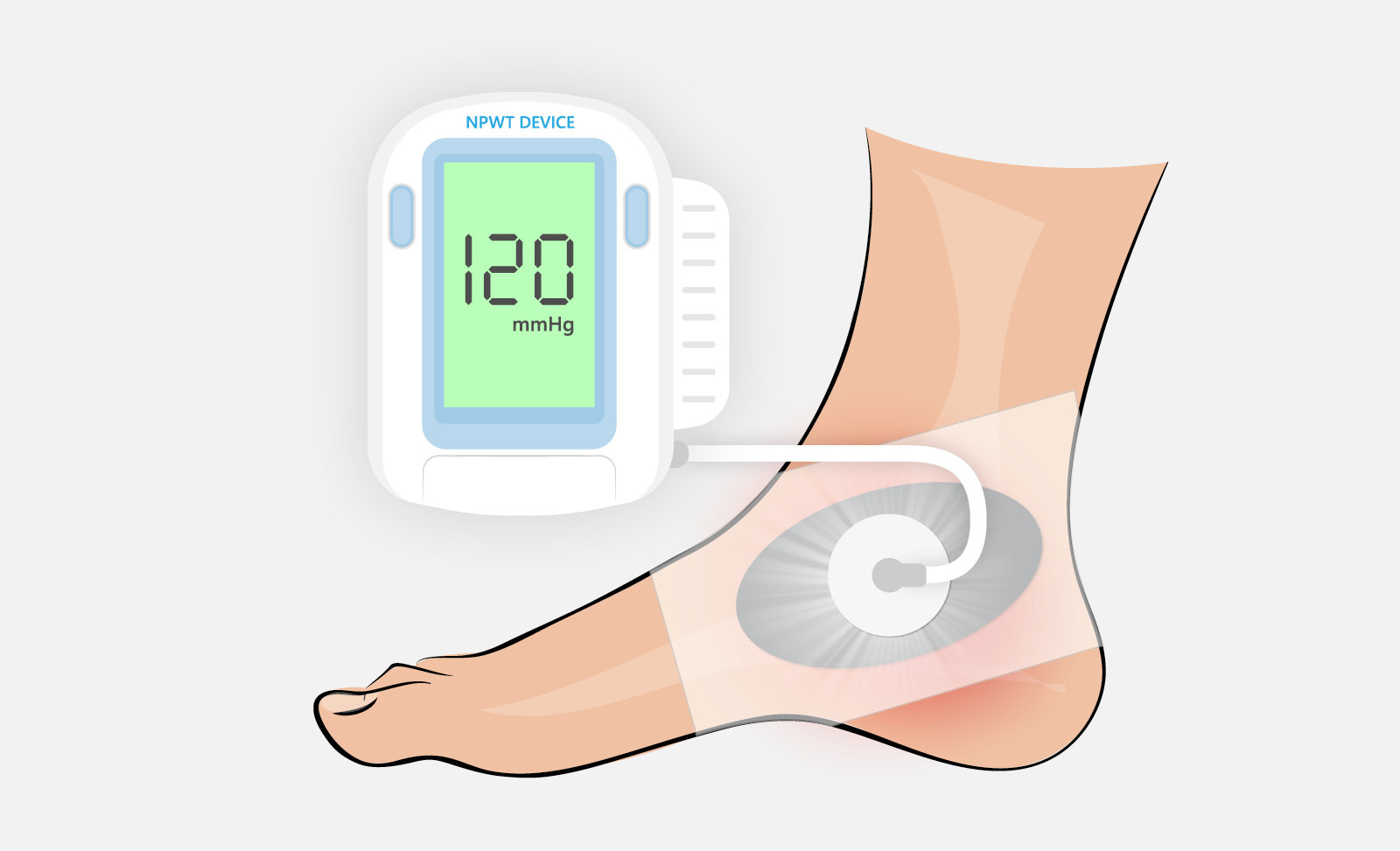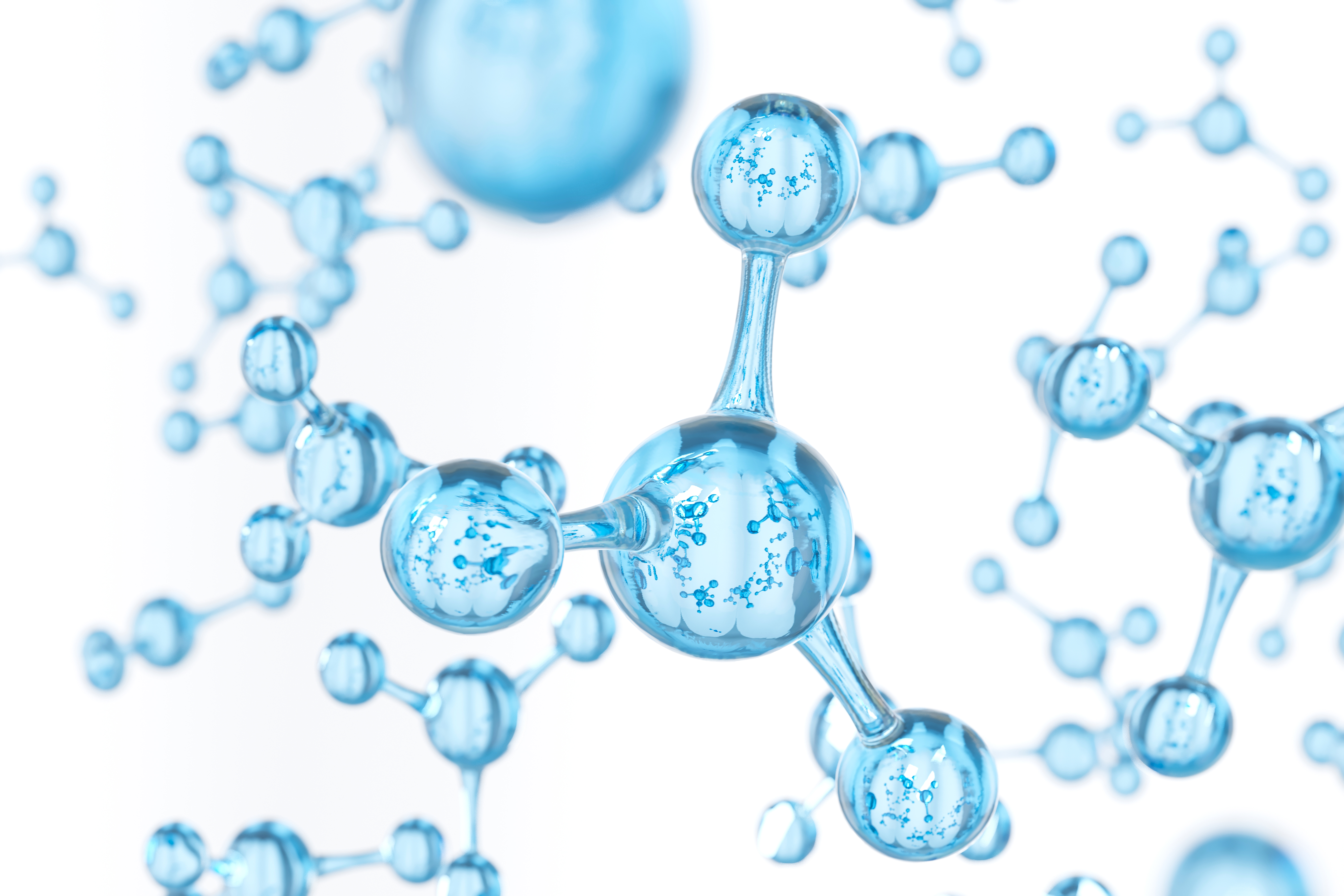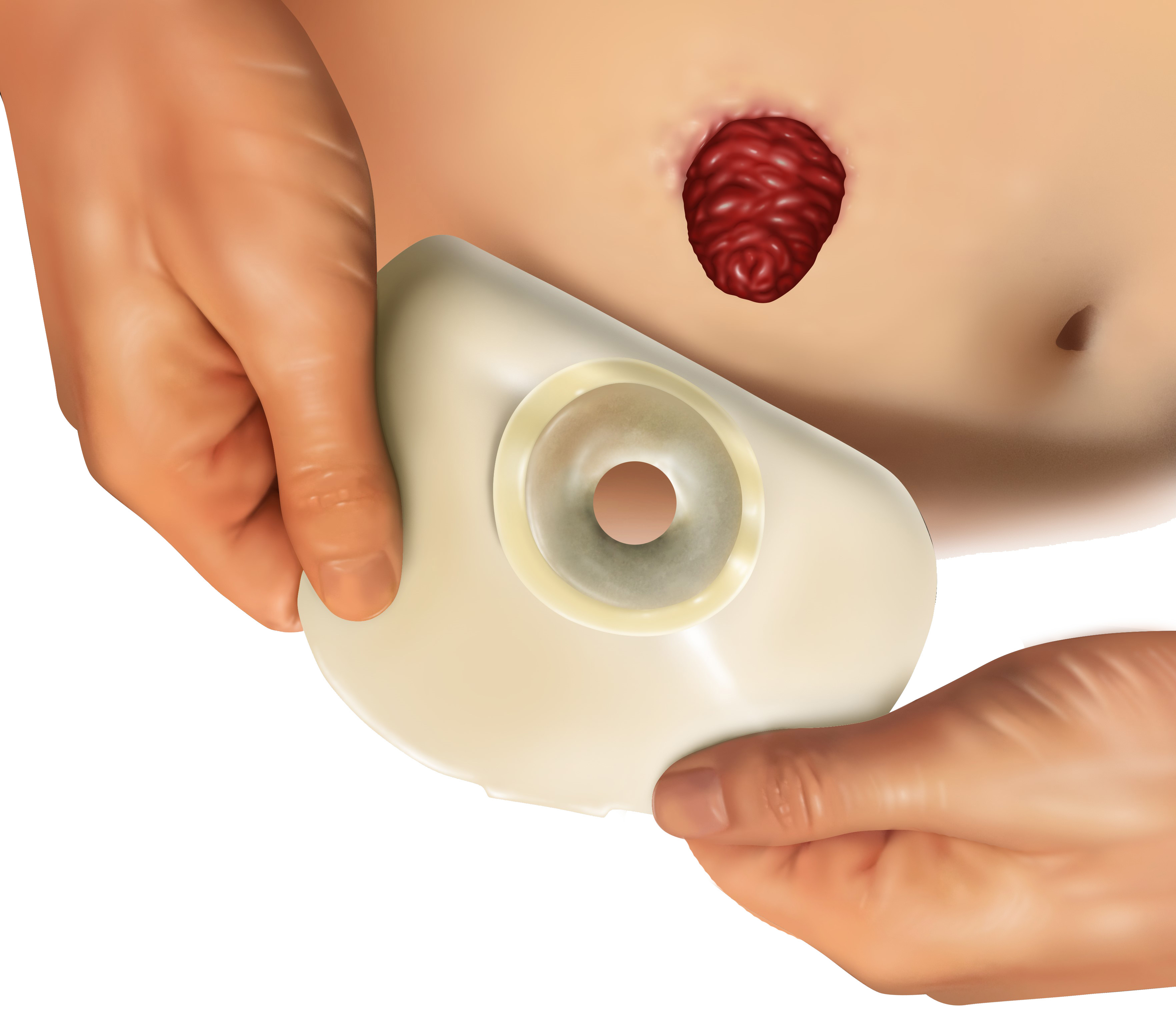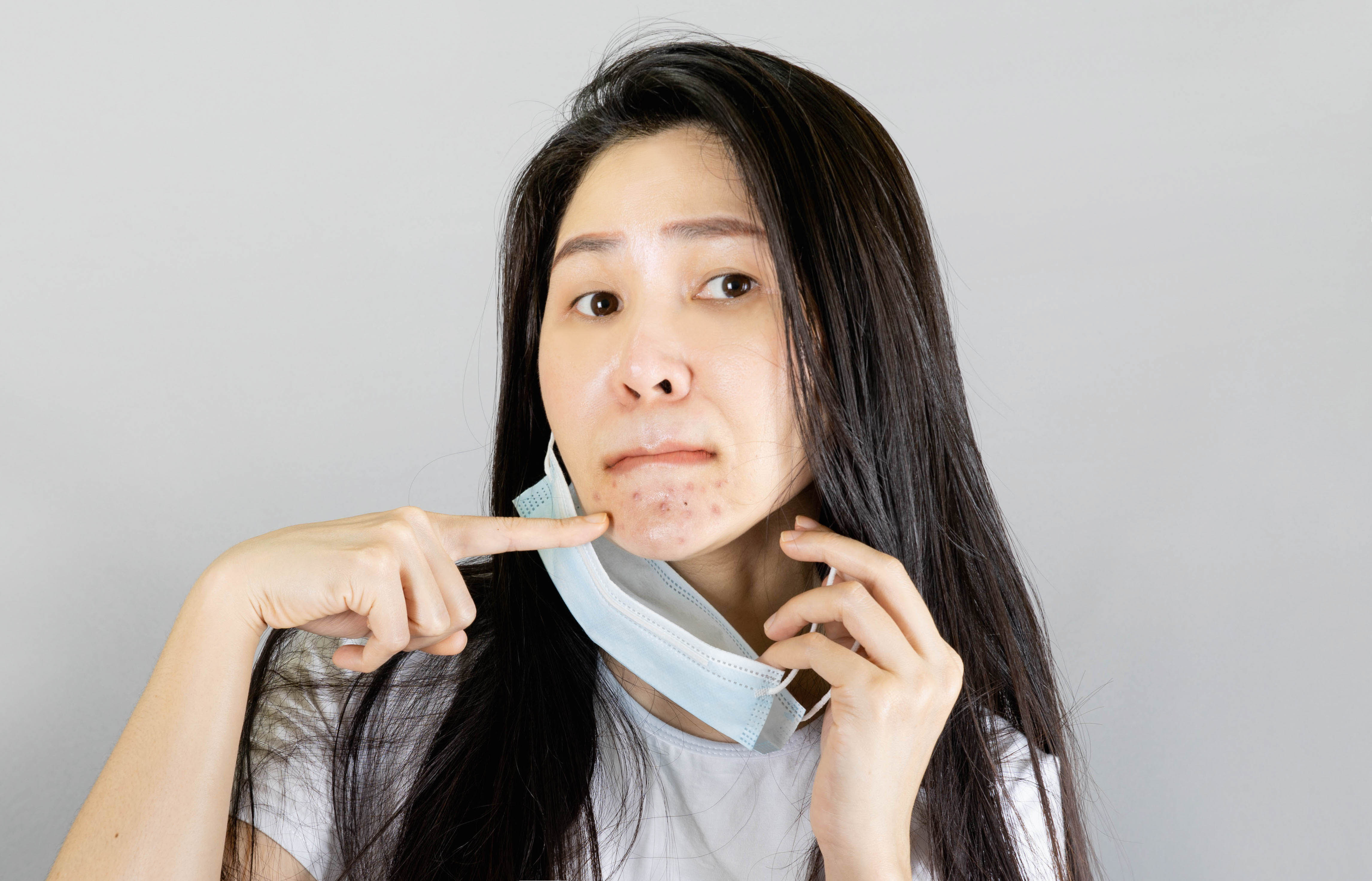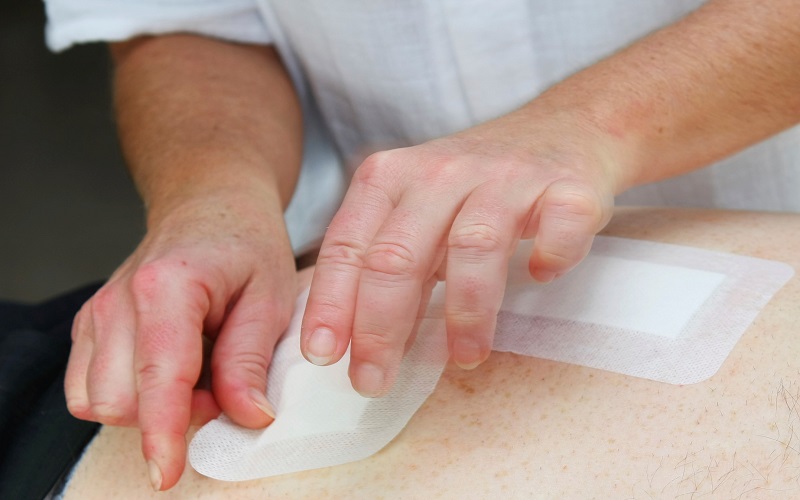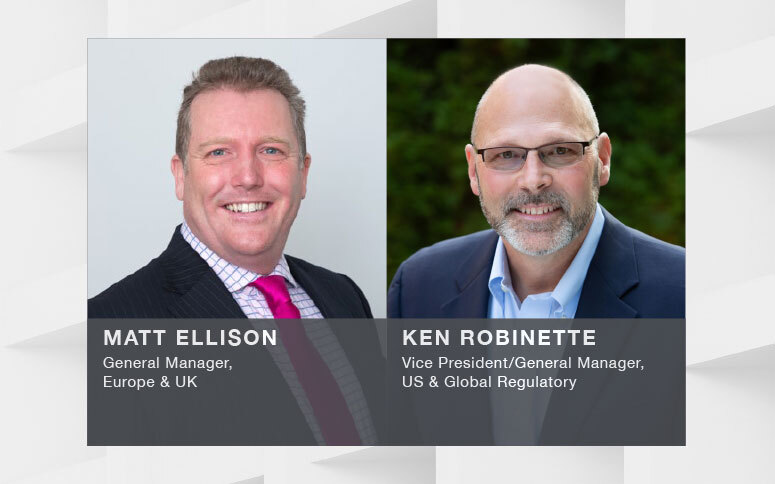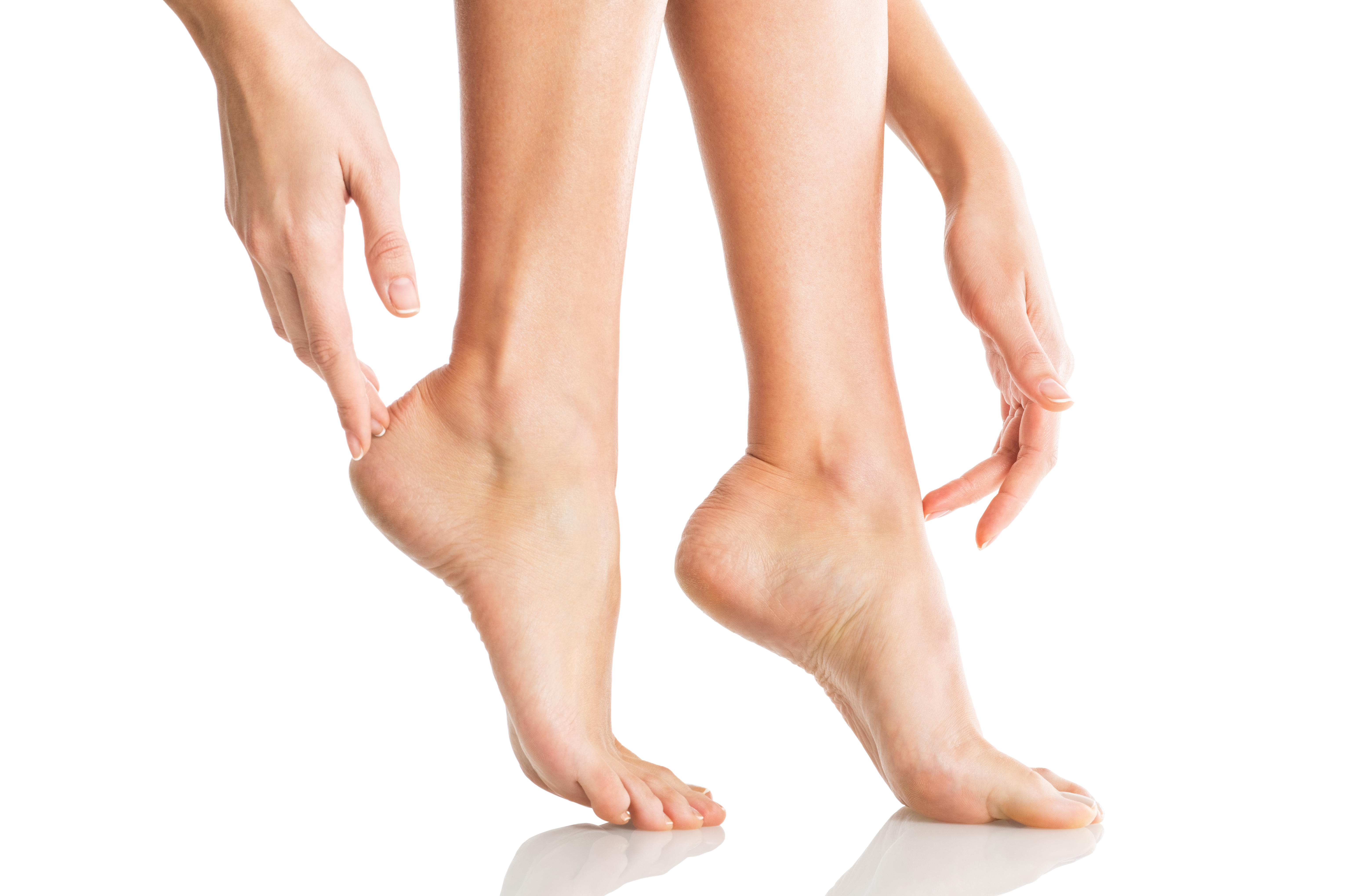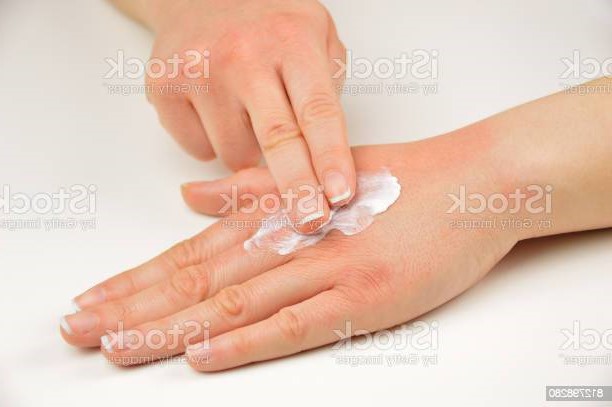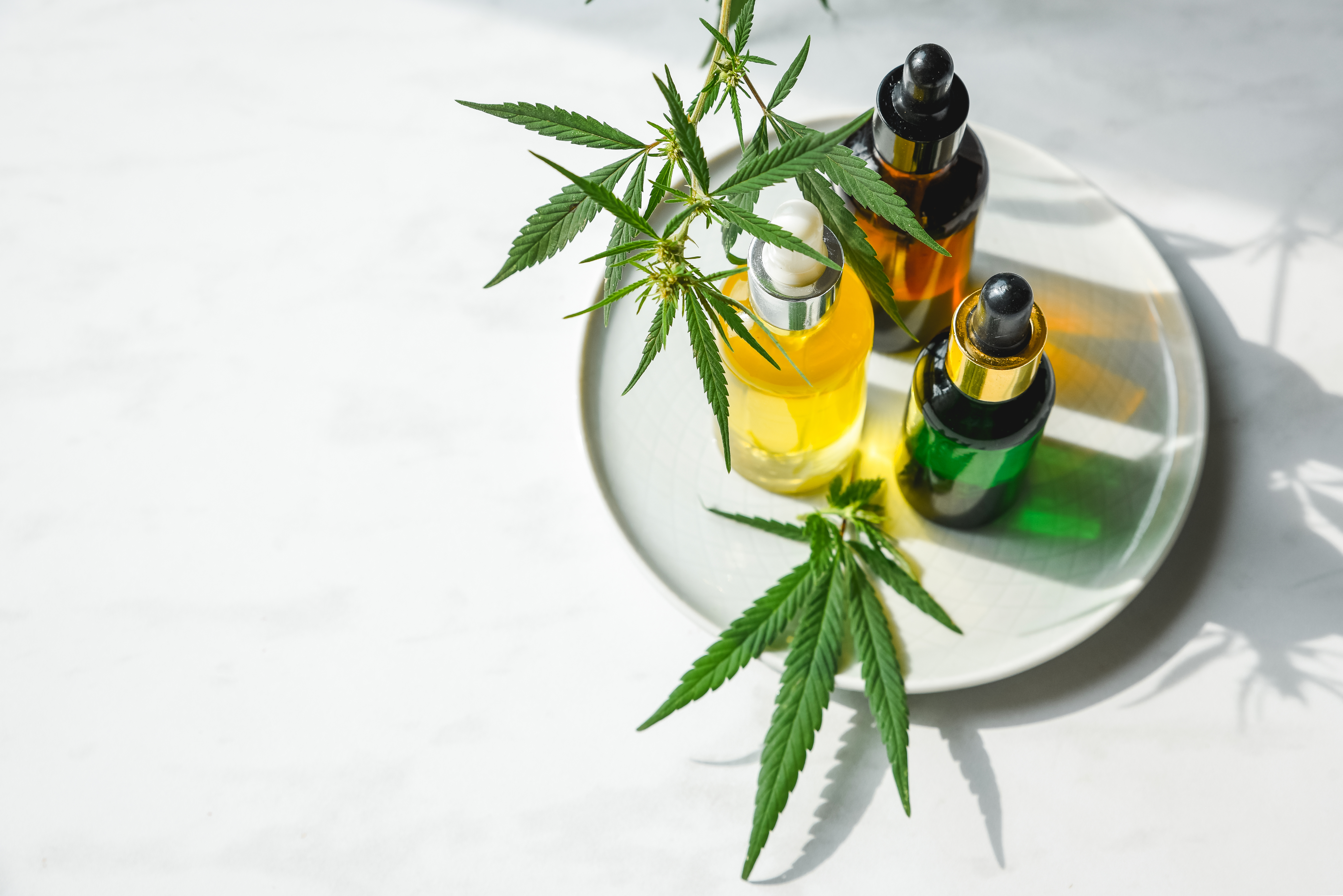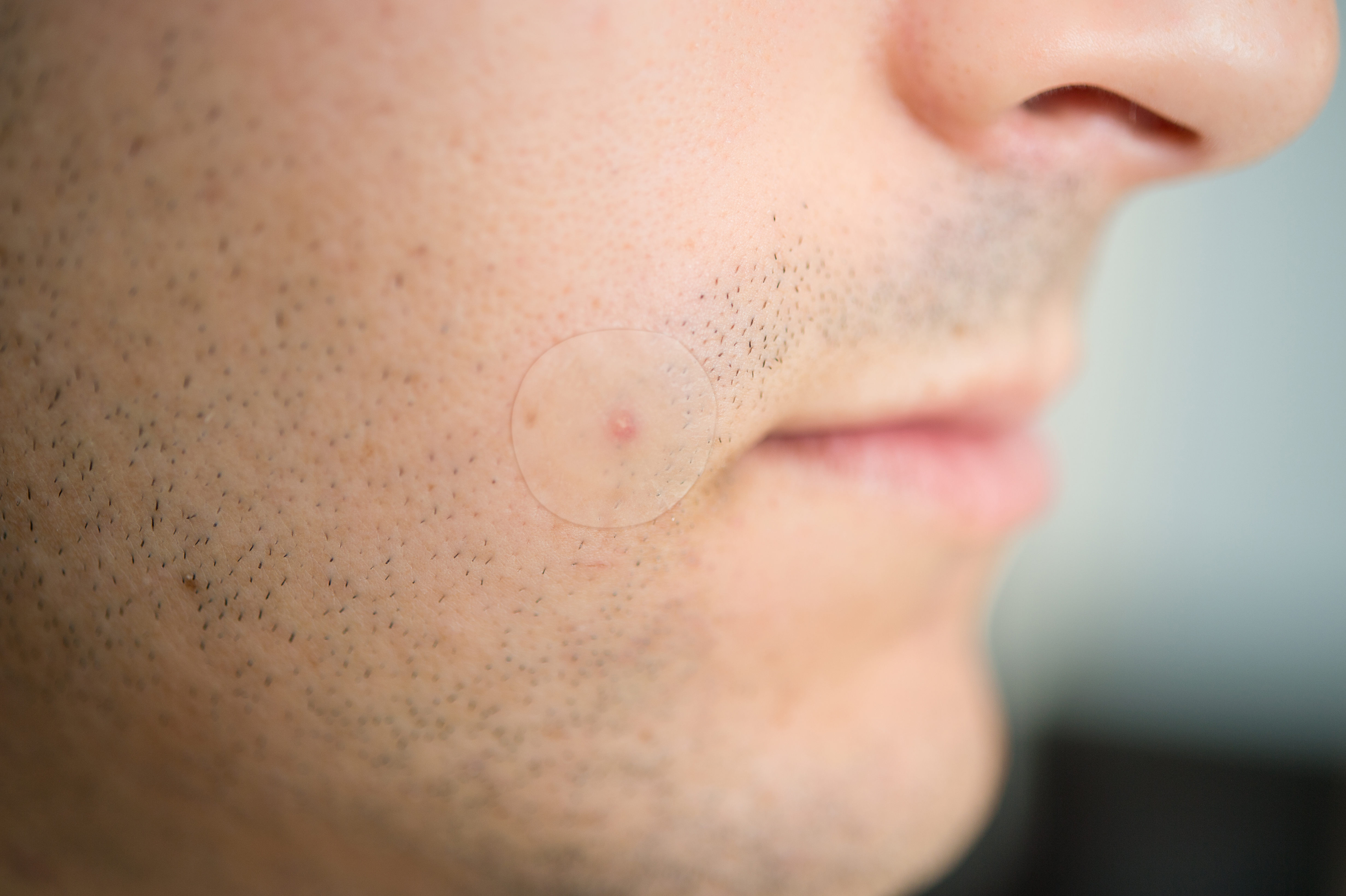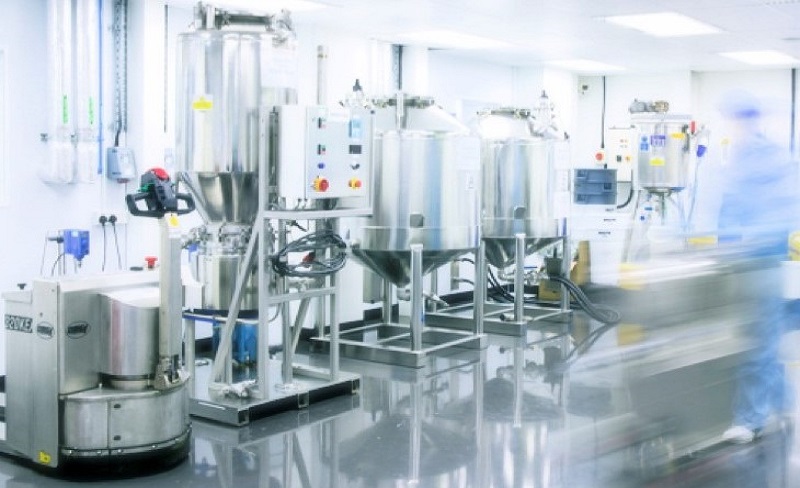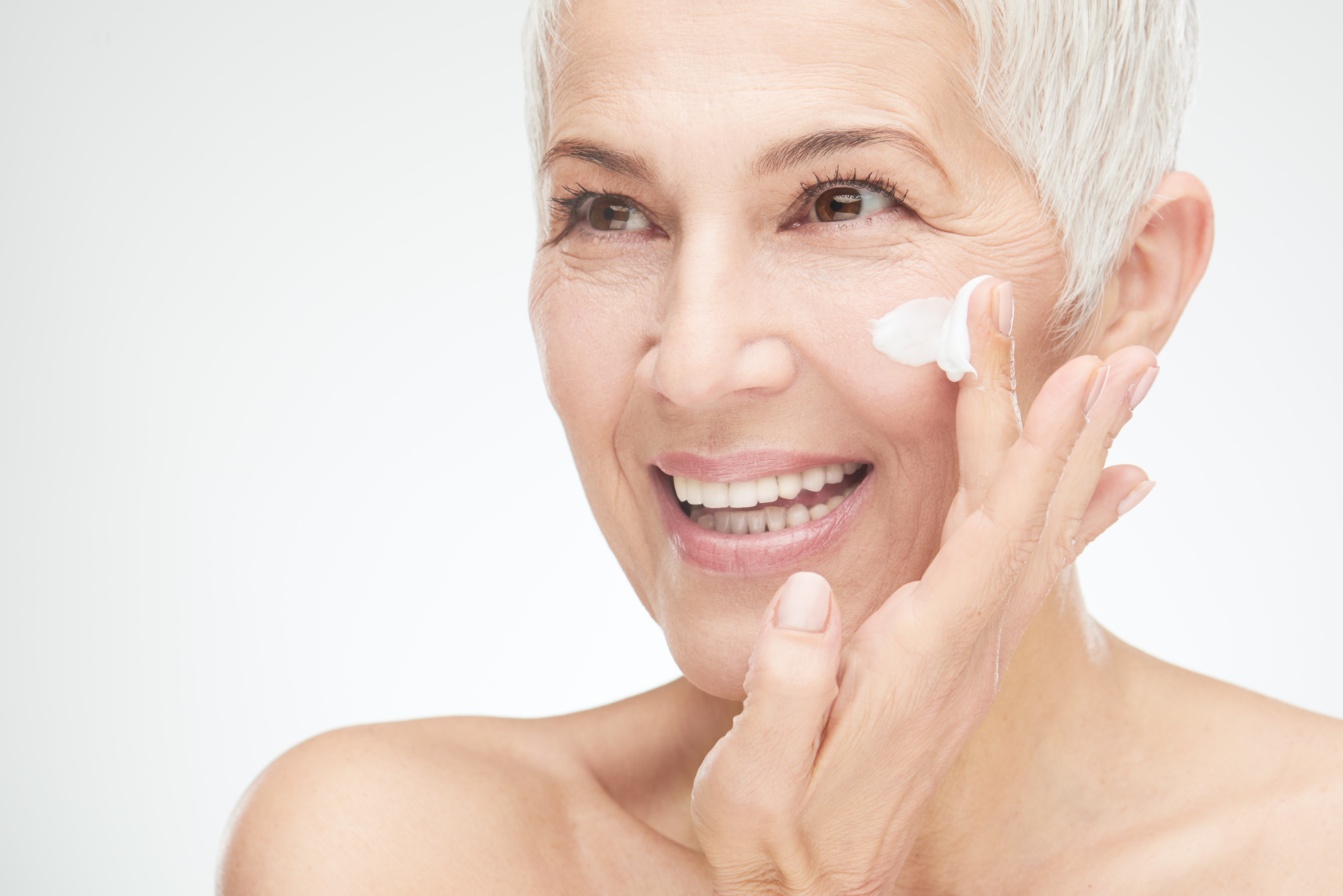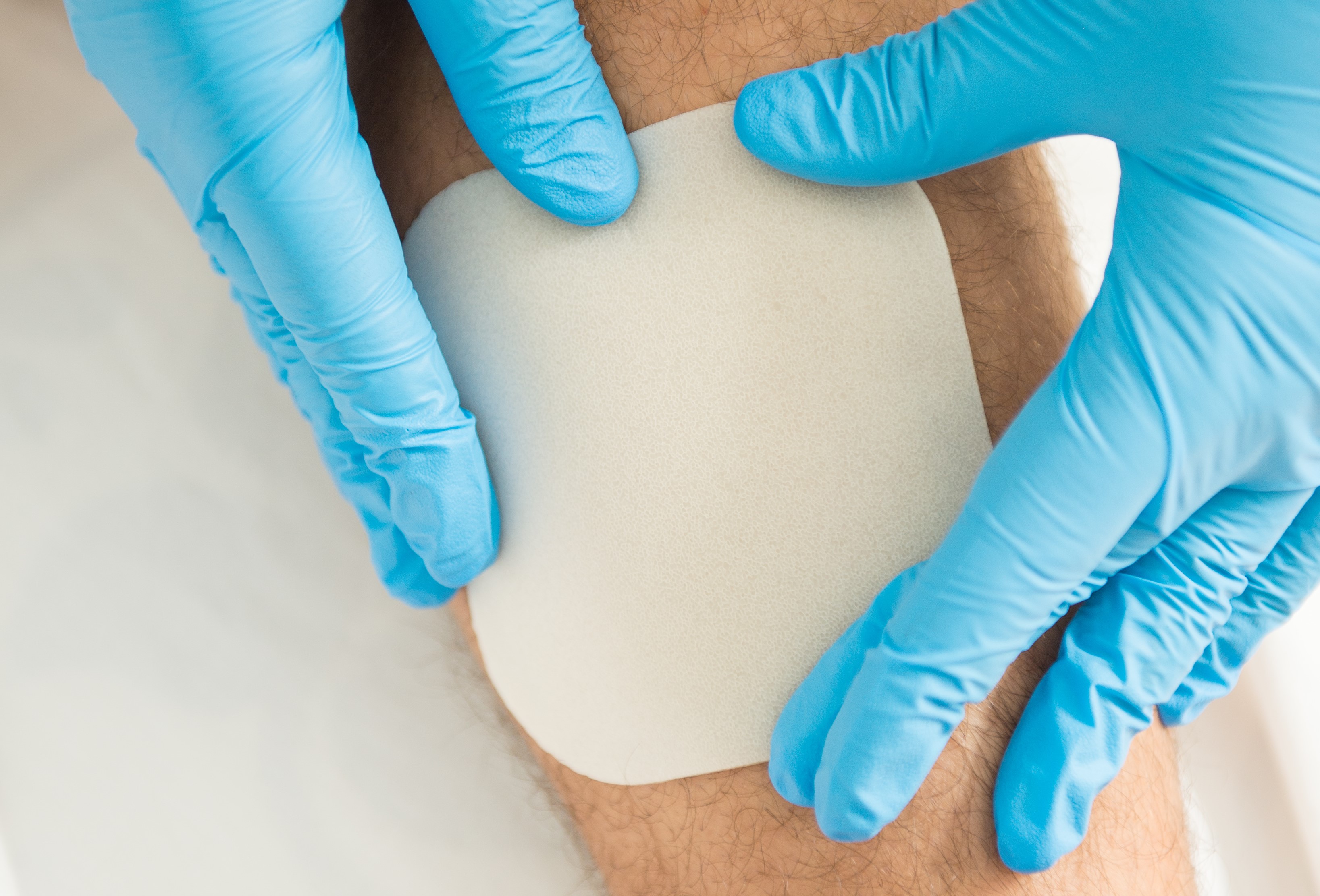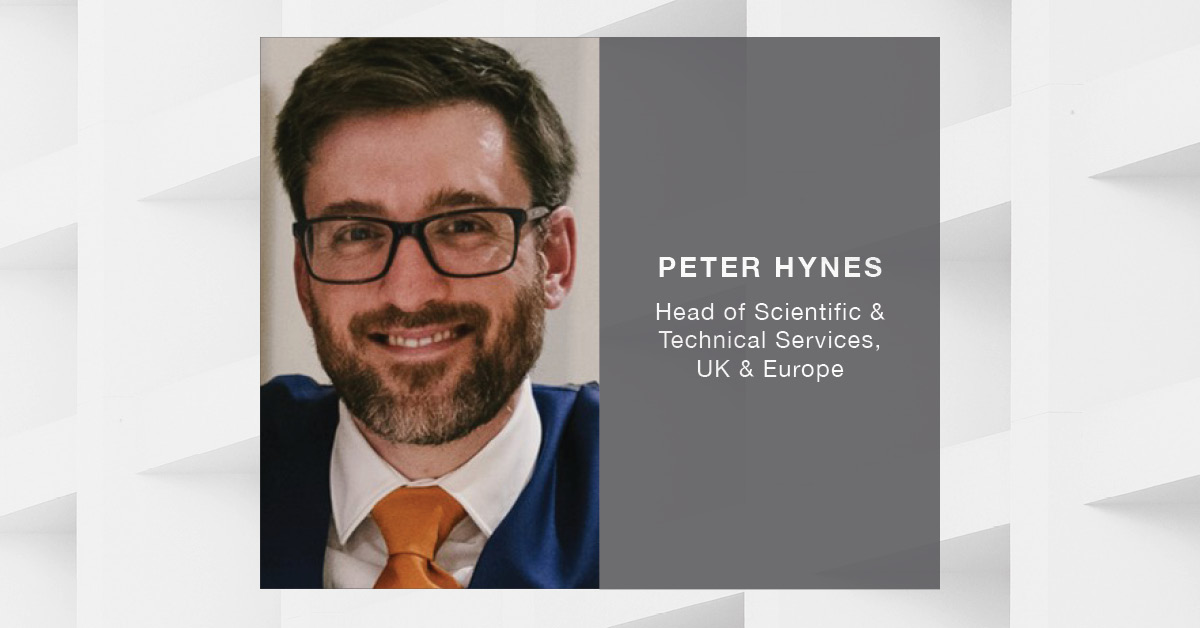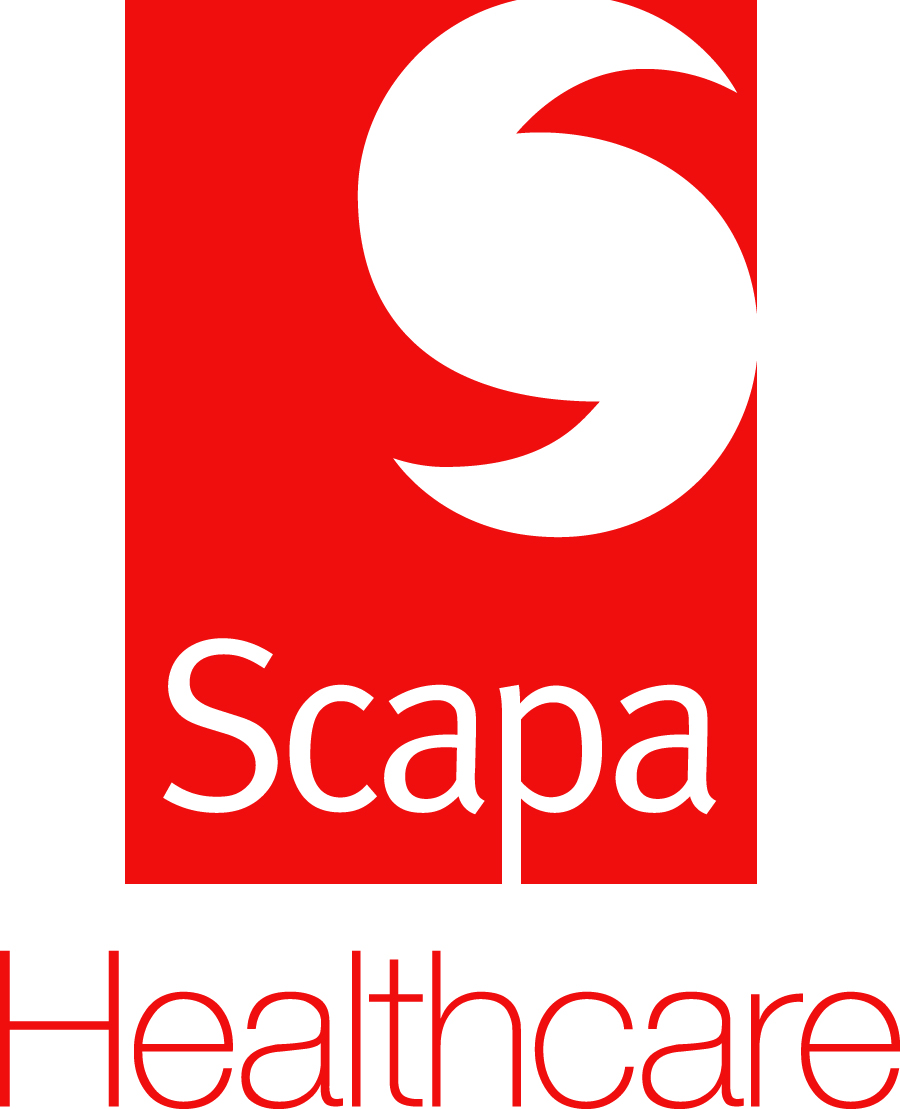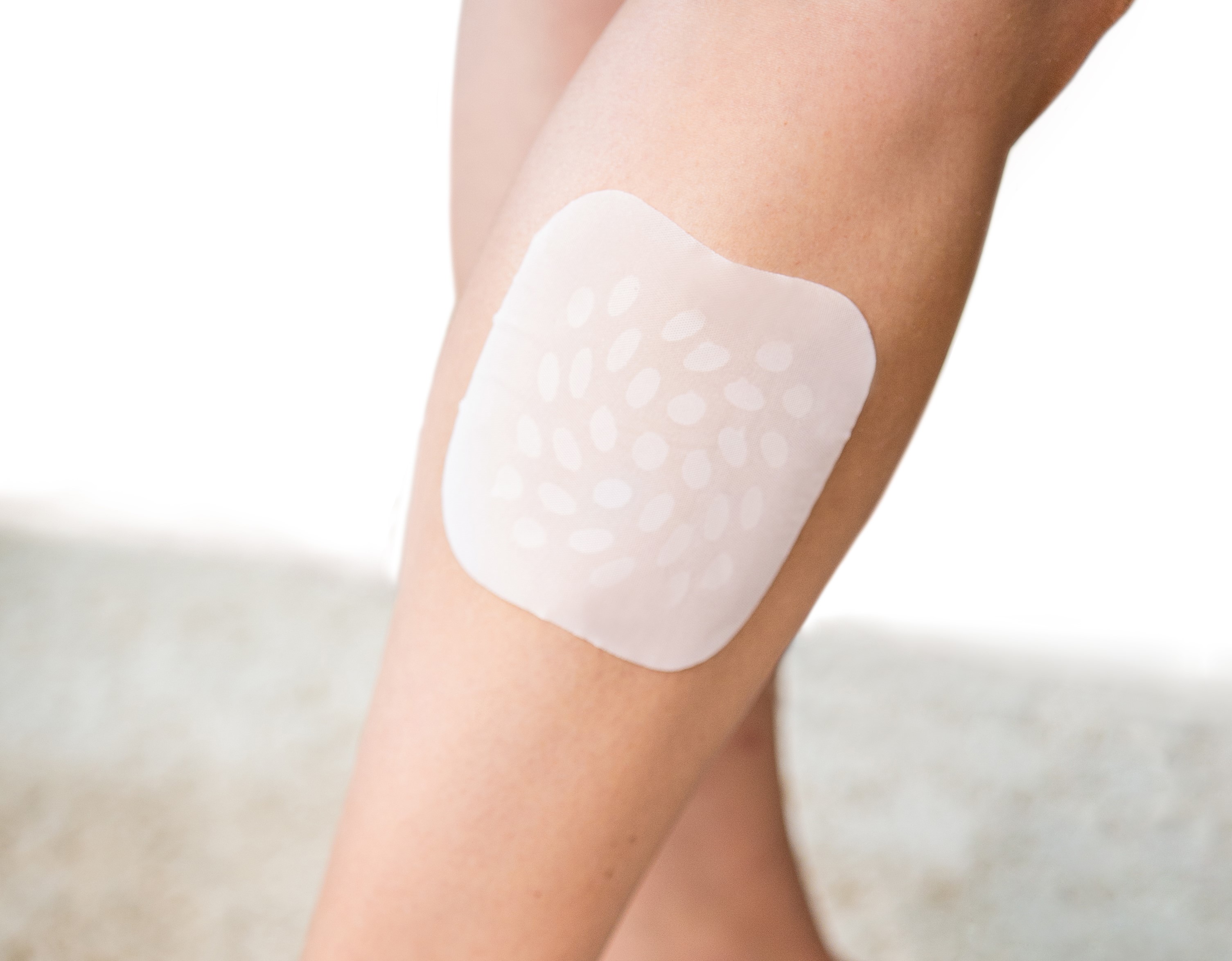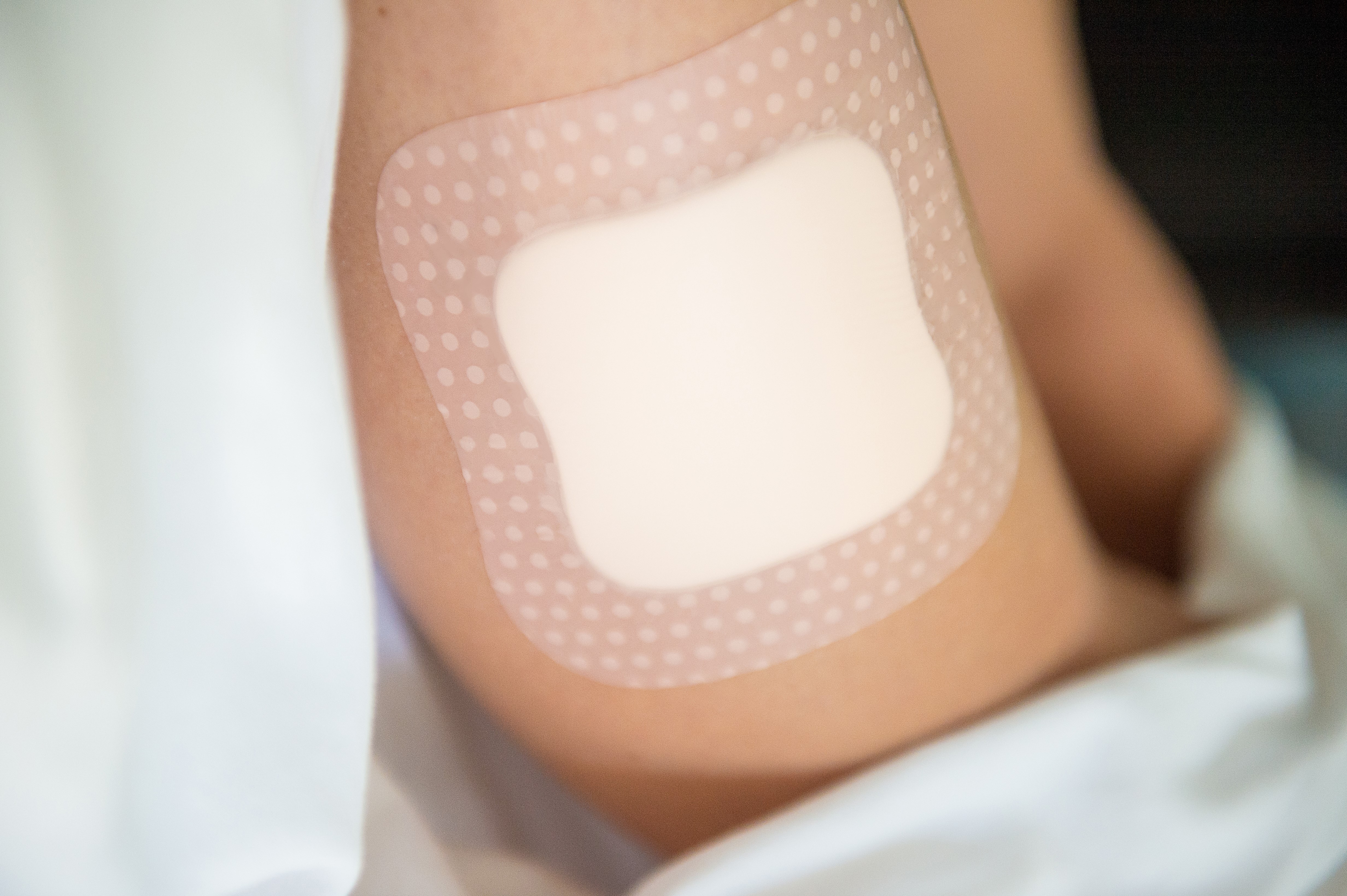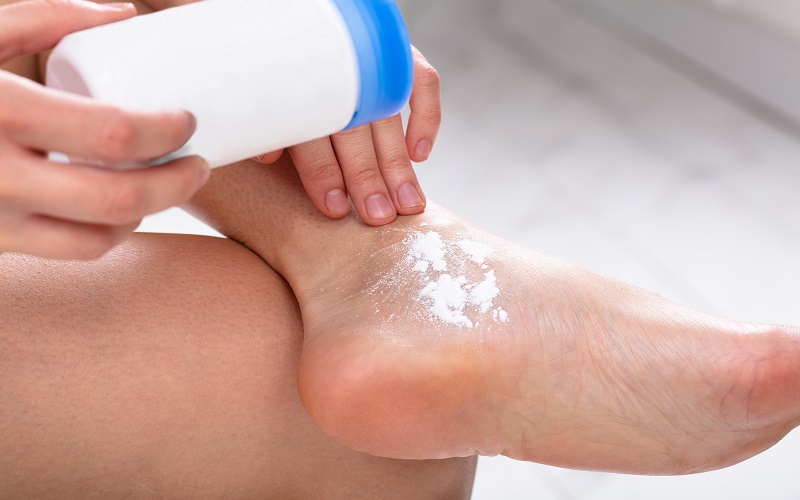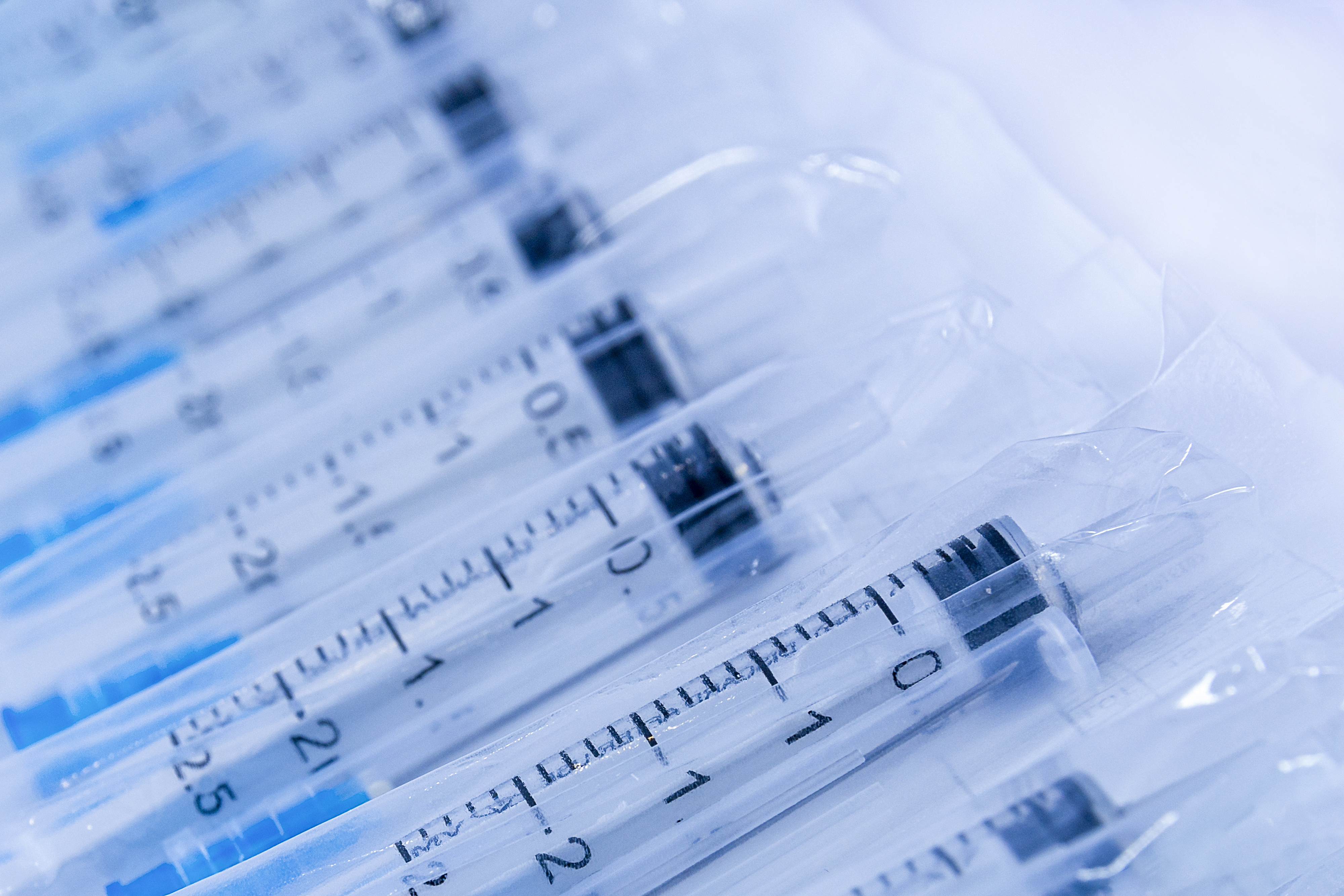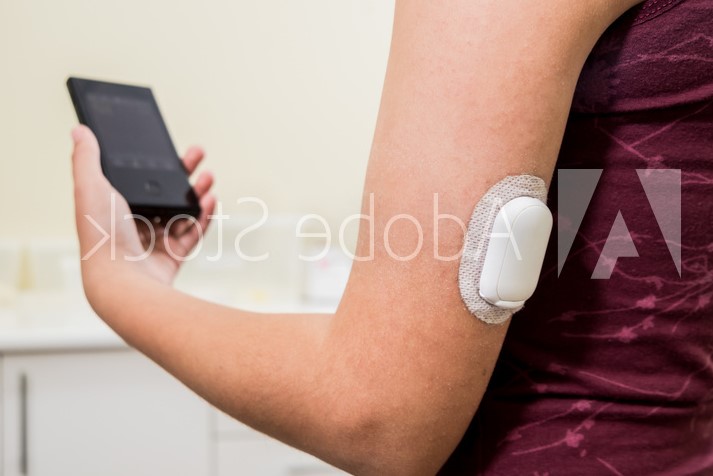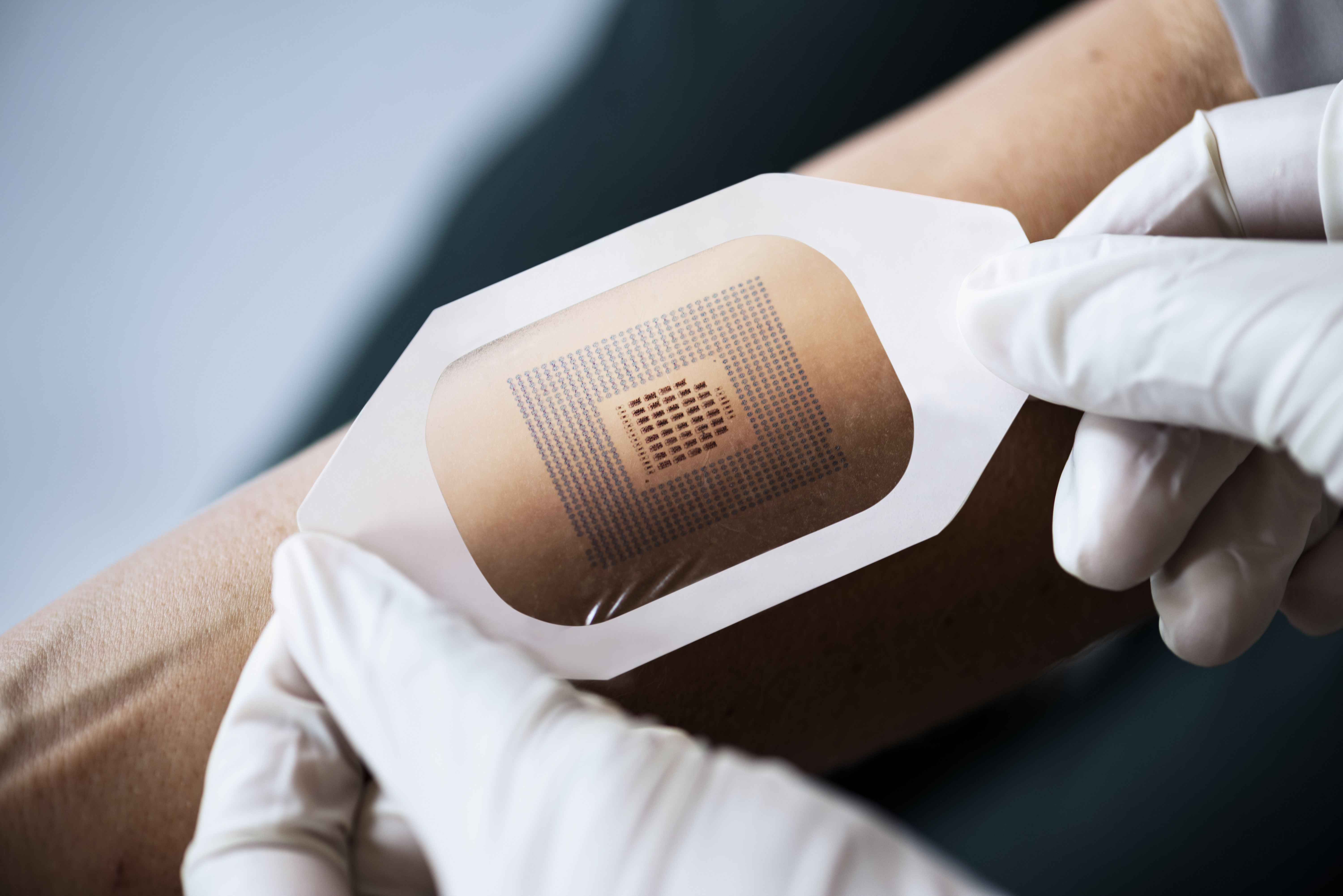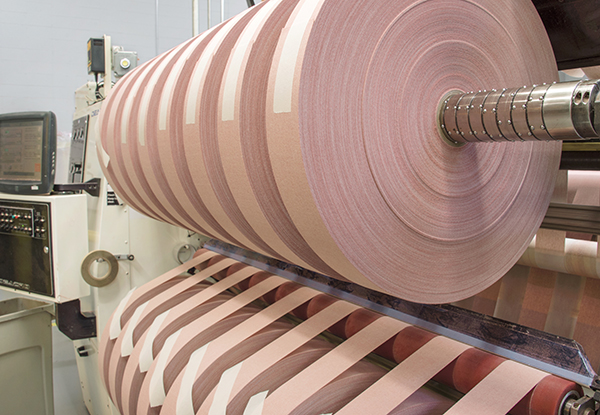Today’s health-conscious consumers are increasingly demanding the removal of toxic ingredients from the products they use in daily care routines, such as makeup, sunscreen, shampoos, lotions, creams, etc. As a result, the beauty industry has continued to embrace the “clean beauty” trend, creating an increasing array of options that include organic, pure and non-toxic ingredients—products that not only make a person look or feel good, but ultimately contribute to overall health and wellness goals.
Today’s health-conscious consumers are increasingly demanding the removal of toxic ingredients from the products they use in daily care routines, such as makeup, sunscreen, shampoos, lotions, creams, etc. It makes perfect sense that consumers don’t want chemical-laden formulations in products that are directly applied to and absorbed by large areas of the skin. As a result, the beauty industry has continued to embrace the “clean beauty” trend, creating an increasing array of options that include organic, pure and non-toxic ingredients—products that not only make a person look or feel good, but ultimately contribute to overall health and wellness goals. Clean beauty essentially means that a product is safe, non-toxic, and has transparent labeling of ingredients.[1] These products are also better for the planet as they are more environmentally friendly and sustainably sourced.
In fact, according to a Harper’s BAZAAR poll of more than 1,000 women, nearly 50 percent are already using clean beauty products, and more than 60 percent of women would be willing to splurge on one[2].
Clean beauty ingredients don’t have to be strictly all-natural, preservative-free, etc.; man-made ingredients can also be clean as long as they’re safe and non-toxic[3]. Some of the main ingredients that consumers are aware of and turning away from are products that use chemicals such as phthalates, parabens, sulfates, triclosan, hydroquinone, oxybenzone, aluminum compounds, formaldehyde, artificial fragrances and more. On the other hand, consumers are looking for products from ethically verified sources that use plant-based, vegan, cruelty-free and botanical ingredients such as CBD, hemp, elderberry, aloe vera, lavender, hibiscus, calendula, beeswax, honey, and more.
Consumers are further demanding transparency and want to know more than just what ingredients are in their beauty products, but also information such as where they are sourced, how they are made, if they are environmentally friendly, and more. In today’s digital age, consumers have a wealth of information at their fingertips and are increasingly doing their research on the products they buy. According to Label Insight, 94 percent of consumers are likely to be loyal to brands that offer complete transparency, and 73 percent are willing to pay more for those products[4].
However, while many companies may allege that their products are “clean” that is not always 100 percent correct because there is no formal verification process. This is in part due to a lack of regulations; for example, in the U.S., the Food and Drug Administration (FDA) does not currently have standards that designate clean beauty products. There is some oversight as it relates to food-grade organic products contained in beauty products that fall under the USDA’s National Organic Program. However, there are several emerging independent certifications such as the Environmental Working Group’s EWG-verified program, the Good Face Index, ECOCERT and NSF International. Similarly, large brands are embracing clean beauty labeling such as Target’s clean icon for compliant cosmetics and Clean at Sephora.
Ultimately, when creating clean beauty products that will truly meet the evolving needs of today’s health-conscious consumer, every part of the supply chain must understand the specific needs of your brand, including the need to use safer ingredients, sustainable practices, and more. Scapa Healthcare has the ability to incorporate green chemistry into the development of a custom skincare topical formulation and can support our customers' clean beauty product needs from concept to commercialization. Furthermore, a key factor of the Scapa Healthcare operation is sustainability. With multiple manufacturing facilities across the globe, we understand how crucial it is to reuse and recycle to minimize our environmental impact.
To learn more about how Scapa Healthcare can help you create the ultimate clean beauty products, contact [email protected].
________________
[1] The Good Face Project, “What Does “Clean Beauty” Mean in 2021?”[2] Fleming, Olivia, and Rosenstein, Jenna, Harper’s BAZAAR, “The Ultimate Guide to Clean Beauty,” April 22, 2020[3] The Good Face Project, “What Does “Clean Beauty” Mean in 2021?”[4] Label Insight, “Study: Nearly Three-Fourths of Consumers Would Pay More for Products that Offer Complete Transparency,” August 31, 2016


